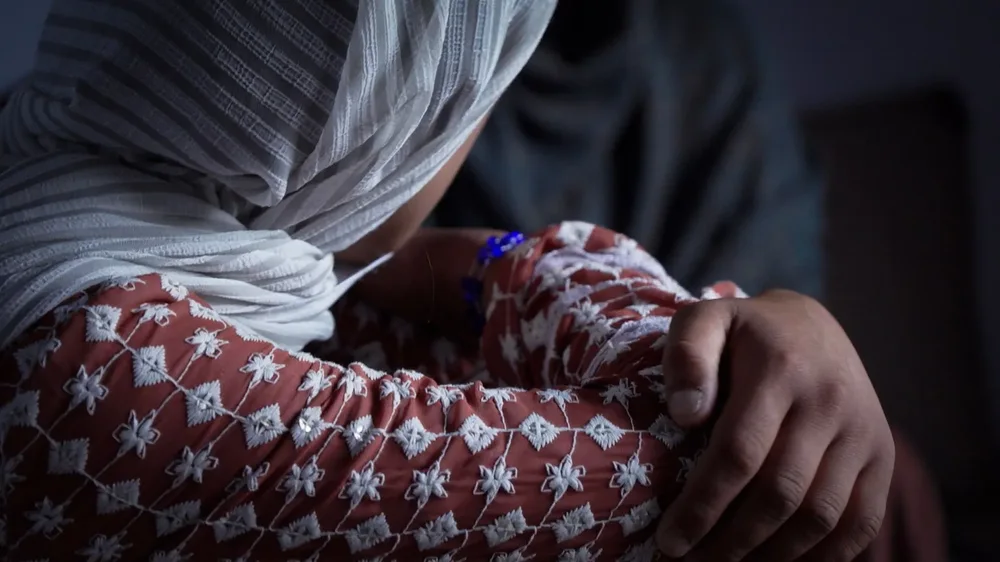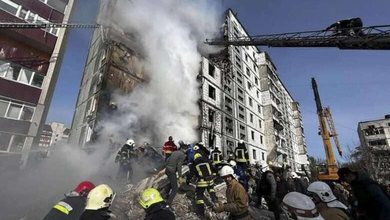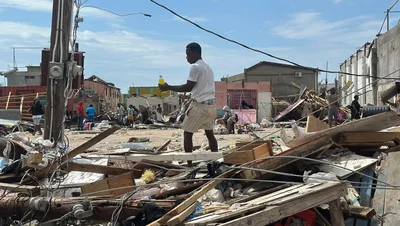
On a high hill west of Kabul, behind a steel gate surrounded by barbed wire, lies a place that few people talk about, and even fewer dare to visit.
The Women's Mental Health Center, run by the Afghan Red Crescent Society, is one of the very few institutions in the country that treats women with mental health problems. It is known locally as "Qala" - the fortress.
BBC journalists were given exclusive access to the overcrowded centre, where 104 women are currently housed. The small staff are struggling to cope in extremely difficult conditions.
Abandoned and helpless women
Among them is Mariam*, a woman in her 20s who says she is a victim of domestic violence. She has been living in the institution for nine years after being abused and then abandoned by her family.
“The brothers would beat me when I visited the neighbors,” she recounts.
"They wouldn't let me leave the house alone."
After being expelled from her family, she lived on the streets until an unknown woman brought her to this center, suspecting her mental state.
Today, Mariam is one of the few women who volunteer to help with the cleaning. She is smiling and often sings. But she cannot leave the center because she has nowhere to go.
"I can't wait to go back to my parents. I want to get married here in Kabul, because if I go back, they will abandon me again," she says.
A system that keeps women locked up
In Afghanistan under the Taliban regime, women cannot live independently. Strict laws and patriarchal norms deny them the right to work, travel, or use services without a male guardian. For women without family or economic support, institutions like this become lifelong prisons, not places of healing.
Habiba, 28, is another woman there. She was sent away by her husband after he remarried and kicked her out of the house. She has nowhere else to go either – her mother is a widow and cannot afford to support her.
“I want to be reunited with my children,” Habiba says with tears in her eyes. She hasn't seen her three sons this year, as they live with an uncle and she doesn't even have a phone to contact them.
Complete abandonment and lack of any help
Psychotherapist Saleema Halib, who works at the center, says that some of the patients have been there for 35-40 years.
“They have been completely abandoned by their families. No one visits them anymore. They live and die here.” The mental health of many women has been exacerbated by decades of conflict, gender oppression, and lack of healthcare. Furthermore, mental disorders in Afghan society are still viewed with deep stigma.
Denial by authorities, worsening according to the UN
In a reaction to a recent UN report on the deterioration of women's rights in Afghanistan, the Taliban government's deputy spokesman Hamdullah Fitrat told the BBC that the regime does not allow "any form of violence against women" and that they have "secured women's rights".
But UN data from 2024 shows the opposite:
68% of women surveyed reported having a “bad” or “very bad” mental state, and the situation is getting significantly worse.






















